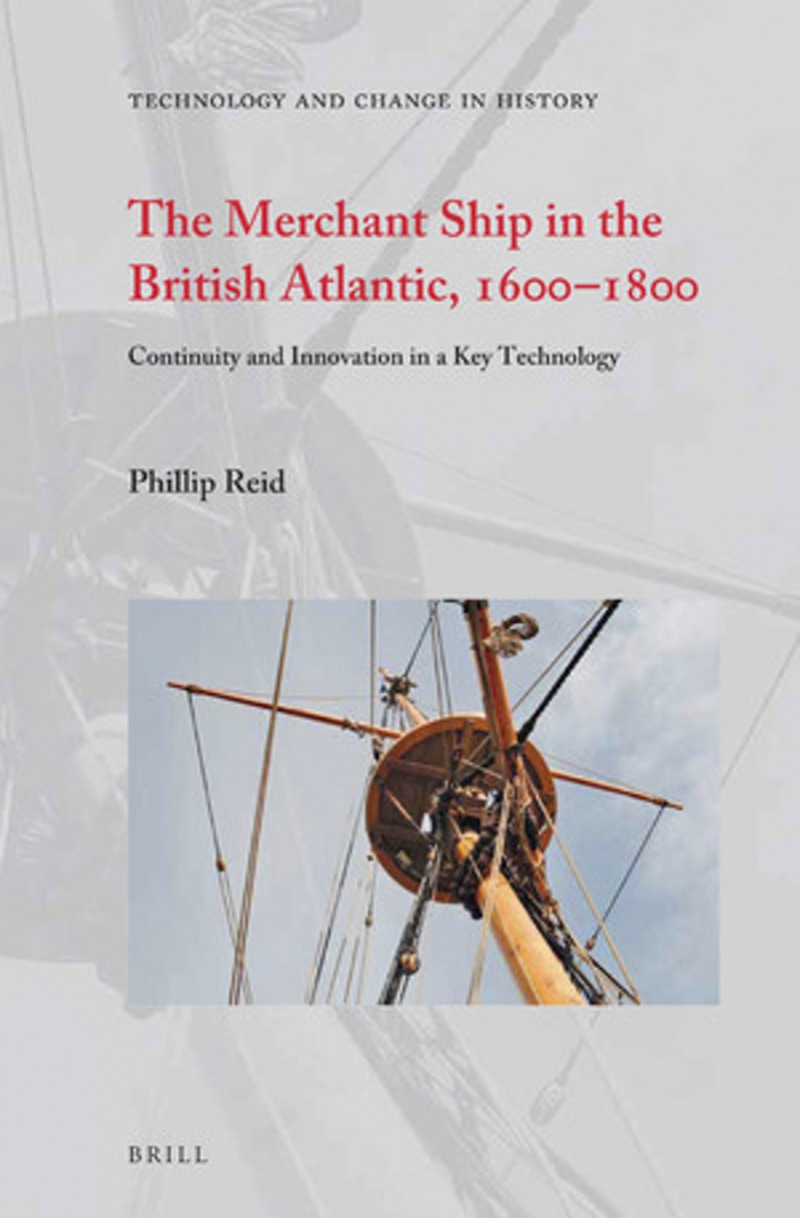Ship technology and historical change

Phillip Reid, maritime historian and Memorial University graduate, just published his first book, The Merchant Ship in the British Atlantic, 1600-1800: Continuity and Innovation in a Key Technology (Leiden: Brill, 2020).
Dr. Reid describes his experience writing his book:
"My first monograph, based on my MUN doctoral thesis (2017), has just been published at Brill. Taking a short break from correcting proofs to revisit how that came to be, I noticed that I created the folder for it on my computer on 7 December 2017. I had defended the thesis the February prior, and turned in the final version a few days later. I gave myself two years to write the book and get a publisher lined up. I stuck to that; it was accepted for publication in January 2019. Meanwhile, I had already gotten two articles and two research notes into journals from the thesis before I got my parchment in May 2017.
I should say right off the bat that this was only possible because I was working on it full-time. Had I been teaching, or working as a public historian for a salary, there is no way that would have happened. For those who must support themselves, and want to get a book done right after school, your best bet by far is to secure a postdoctoral fellowship before you finish your degree. Most of those require you to live at the repository or institution sponsoring the fellowship, but for most new PhDs, that is doable. It was not for me.
As for going from thesis to book, it's true what they say, that a book is a very different sort of creature. I did substantial additional work, lots of additional thinking and consulting with other scholars, and the book is structured differently, contains much that the thesis did not, and leaves out some of what was in the thesis, especially methodological content.
I credit attendance at a conference in 2018 with connecting me to my publication deal. I organized a panel for the annual conference of the Society for the History of Technology, and got to know a couple of scholars there, one of whom presented for my panel and the other of whom had intended to before being moved by SHOT to another one. Unbeknownst to me until later, the two of them were co-editors of a series for Brill called 'Technology and Change in History.' They were familiar with me and my work, and I am certain that gave me an 'in.' I cannot recommend active participation in relevant conferences highly enough. They are expensive to attend, but it is worth it if you can possibly swing it.
I am now well into work on my second monograph, which I expect to complete by the end of this year, and have just started the grant application process for the third. Grant application cycles being what they are, they require thinking and planning far ahead. If you can get some grant application experience in while still a doctoral student, that will prove most helpful if you later pursue independent scholarly writing."
Phillip Reid, PhD
Visit his website.